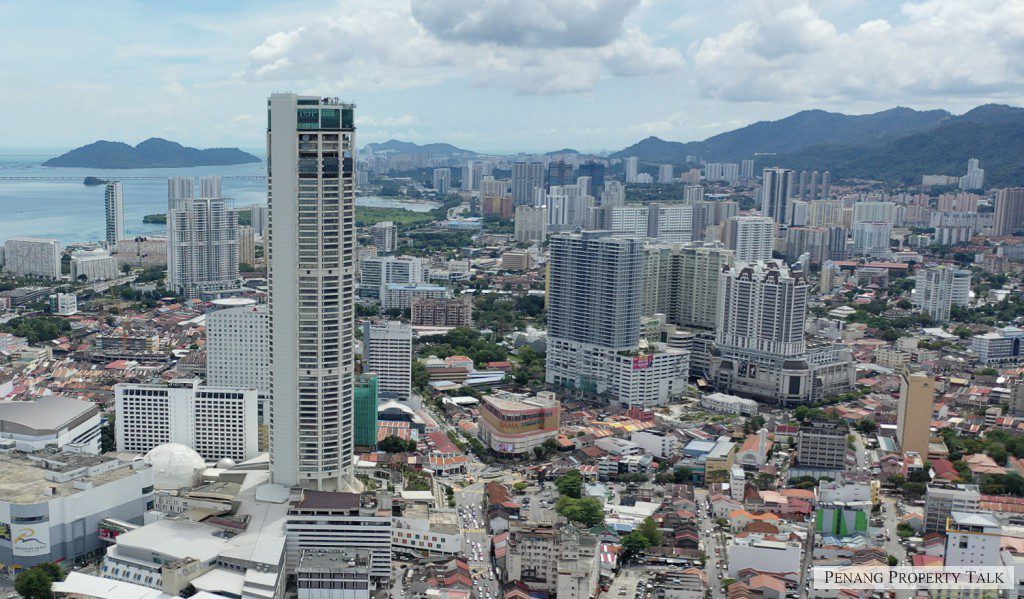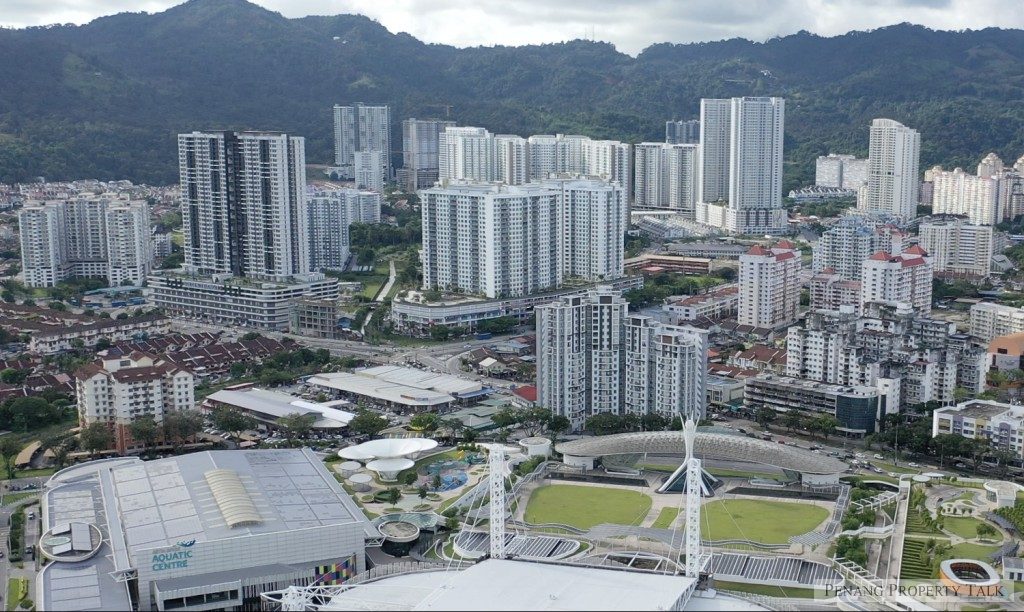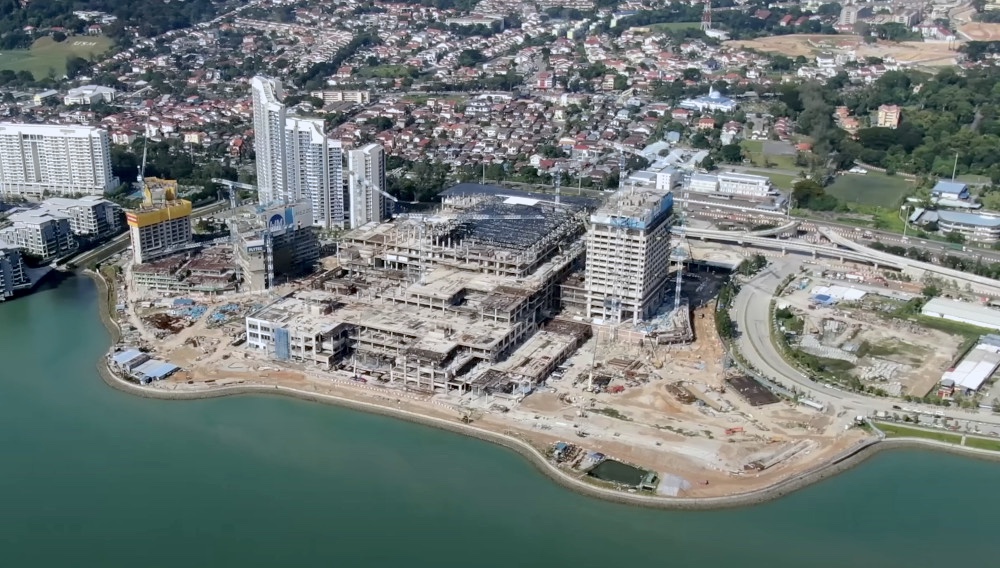
The traditional housing affordability measure of median multiple is too conservative, whereas measures of residual income and housing cost burden are more realistic, Rehda Institute shared on Tuesday during a stakeholders’ discussion held at Wisma Rehda in Petaling Jaya for an upcoming report titled Affordable Housing II: Closing the Gap — A Strategic Approach to Balancing Supply and Demand.
The final report, which will be categorised into five parts — Housing Affordability Measures, Affordability of the Rakyat, Sustainability/Supply of Affordable Housing, Government’s Initiatives, and Way Forward — will be officially launched at the Regional Housing Conference at end-April.
The event gathered stakeholders from more than 40 organisations, including those from government agencies, property developers, associations as well as financial institutions, whereby they engaged in roundtable discussions moderated by Rehda Malaysia president Datuk NK Tong on the five categories of the report, to ensure that the findings and insights compiled by Rehda Institute align with the current market realities and conditions.
In presenting a summary of the upcoming report, Rehda Institute executive director, research and education Malathi Thevendran noted that if the housing affordability measure of median multiple is adopted, there will be a need to provide more affordable housing, which is not an accurate reflection of the true situation, and therefore, the residual income approach is a more accurate measure of housing affordability. “There is a need to be aware that income will improve over time, but the challenge lies in obtaining detailed statistics pertaining to demographic, income and expenditure.
“However…the information from the Sistem Pangkalan Data Utama (PADU) database could be utilised to ensure a sustainable real estate market via the residual approach,” she added.
Thavendran also noted that median household income rose from RM5,228 (2016) to RM6,338 (2022), with growth declining from 4.0% (2016 to 2019) to 2.6% (2019 to 2022), which could be due to Covid-19. In addition, income growth of 2.6% from 2019 to 2022 is slower against expenditure growth of 5.4% during the same period. On a national level, the income level below RM2,000 has been on a downward trend since 2014.
The report findings also showed that 61% of the property developers surveyed for the report have actively decided to incorporate affordable housing in their portfolios, even though it is not mandatory, and half of the developers surveyed implemented cross-subsidy by expanding their business interest to construction and commercial enterprises.
According to the findings, the developers surveyed have also increased their open market pricing up to 20% for products priced between RM600,001 and RM800,000 and up to 12% for products priced above RM800,000. “Price increase on the open market units to compensate for the negative returns in the development of affordable housing [is an] unhealthy practice which will affect the open market buyers who are still the Rakyat,” said Thavendran.
“Public housing should be the responsibility of the government and [there should be] constant review of the pricing and target market. The government should provide incentives and support and [there should not be a mandatory percentage] ruling by the authorities on the provision for affordable housing.”
As for government initiatives, Thavendran noted that some targets are not achieved with the budget allocated, and there has been limited access to comprehensive data on public housing.
“There is also no check and balance on whether demand is met.
“All these lead to a lack of synergy between federal and state governments in terms of provision of public housing and inconsistent policies. Therefore, there is a need for the government to identify demand based on micro location, and build houses in line with local market demand. The government should also streamline public housing programmes,” she said.
On the way forward, Rehda Institute emphasised the importance of having a centralised database, such as Padu, which was launched early this month. Such database, said Thavendran, helps to distribute aid to subsidies efficiently and accurately. She added that Padu should be an integrated social-economic database, a government’s central hub for data for citizens aged 18 and above with their basic personal information.
In his closing remarks, Rehda Institute chairman Datuk Jeffrey Ng corrected the general perception on developers’ profit margins, especially after the reduction of compliance cost. “Profit margins of 10% to 15% is where we are at, and this is over a period of three years,” he said.
Ng pointed out that 26% of the total overhang properties, priced RM300,000 and below, as shown in the National Property Information Centre (NAPIC) third quarter of 2023 (3Q2023) report, is due to the mismatch of demand and supply, and hence solutions are needed to solve the discrepancy. He added that Rehda Institute supports the establishment of Padu, whereby having a centralised database allows for a clearer understanding of the rakyat.
“Lastly, housing affordability also has to do with household income growth. This is dependent on the government bringing in investors and creating job opportunities for the income to move up,” added Ng.
Source: TheEdgeMalaysia.com





